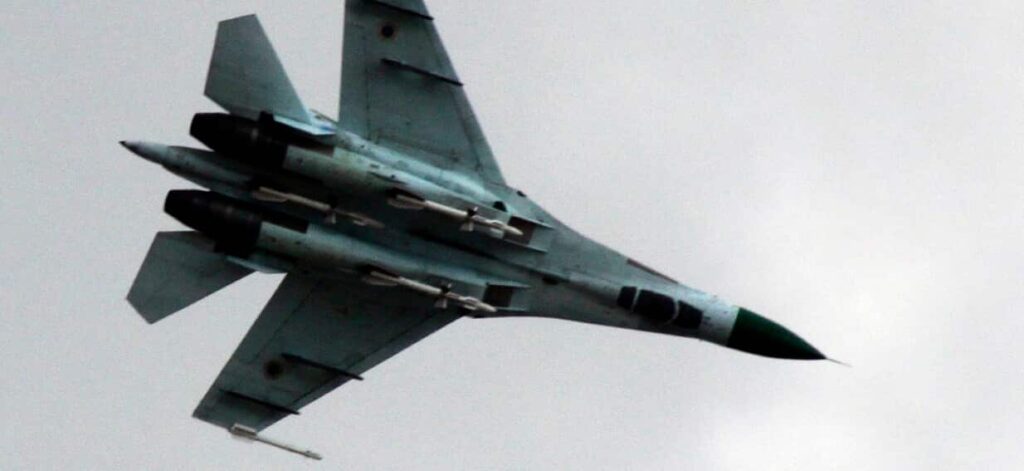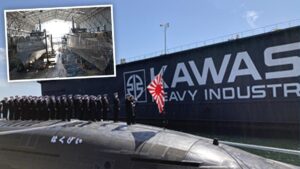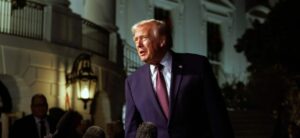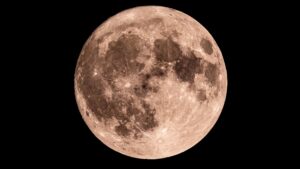
Estonia has lodged a formal protest against Russia following a significant airspace violation by three Russian military jets. This incident marks a troubling escalation in tensions between NATO and Russia, occurring just days after NATO forces intercepted Russian drones over Poland.
On September 15, 2023, the Estonian government reported that three MiG-31 fighter jets entered its airspace without permission, remaining for approximately 12 minutes. The incursion, characterized by Estonian Foreign Minister Margus Tsahkna as “unprecedentedly brazen,” underscores ongoing military provocations from Russia that have heightened concerns within the NATO alliance.
The Russian Defence Ministry denied any wrongdoing, asserting that its jets operated within neutral waters of the Baltic Sea. In a statement posted on Telegram, the ministry claimed, “The flight was carried out in strict conformity with international rules governing airspace with no violation of the borders of other states as is confirmed by independent checks.”
This incident follows a recent occurrence on September 9-10, when over 20 Russian drones entered Polish airspace, prompting NATO jets to intercept some of them. Western officials have interpreted these military maneuvers as tests of NATO’s readiness and resolve amid the ongoing conflict in Ukraine.
Adding to the complexity, the Russian jets’ incursion occurred shortly after the conclusion of the “Zapad-2025” joint military exercises with Belarus, which included rehearsals for potential nuclear weapon launches.
In response to the airspace violation, Estonia’s leadership has taken decisive action. Prime Minister Kristen Michal announced that the country would invoke Article 4 of the NATO treaty, which allows member states to consult one another when their security is perceived to be threatened. He stated that the Russian jets had penetrated approximately 9 kilometers into NATO airspace before being forced to retreat by Italian F-35 fighter jets stationed in Estonia.
The European Union’s foreign policy chief, Kaja Kallas, who previously served as Estonia’s Prime Minister, remarked on social media, “This was no accident,” further emphasizing the seriousness of the situation. Estonia has also summoned the top Russian diplomat in the country to formally express its discontent over the violation.
NATO has characterized the incident as yet another example of “reckless Russian behaviour.” A spokesperson reiterated the alliance’s capability to respond to such provocations, reflecting a commitment to collective defense among member states.
As tensions continue to simmer, the response from the United States government remains a focal point for NATO allies. President Donald Trump acknowledged he had not been briefed on the incident but expressed concern, stating, “I don’t love it. I don’t like when that happens.” His administration’s cautious approach to recent incursions has raised questions about the U.S. commitment to NATO’s collective security.
The situation in the Baltic region highlights the precarious nature of geopolitical relations in the wake of Russia’s actions. As NATO members react to these provocations, the need for a coordinated response becomes increasingly vital to address the challenges posed by ongoing military assertiveness from Moscow.






